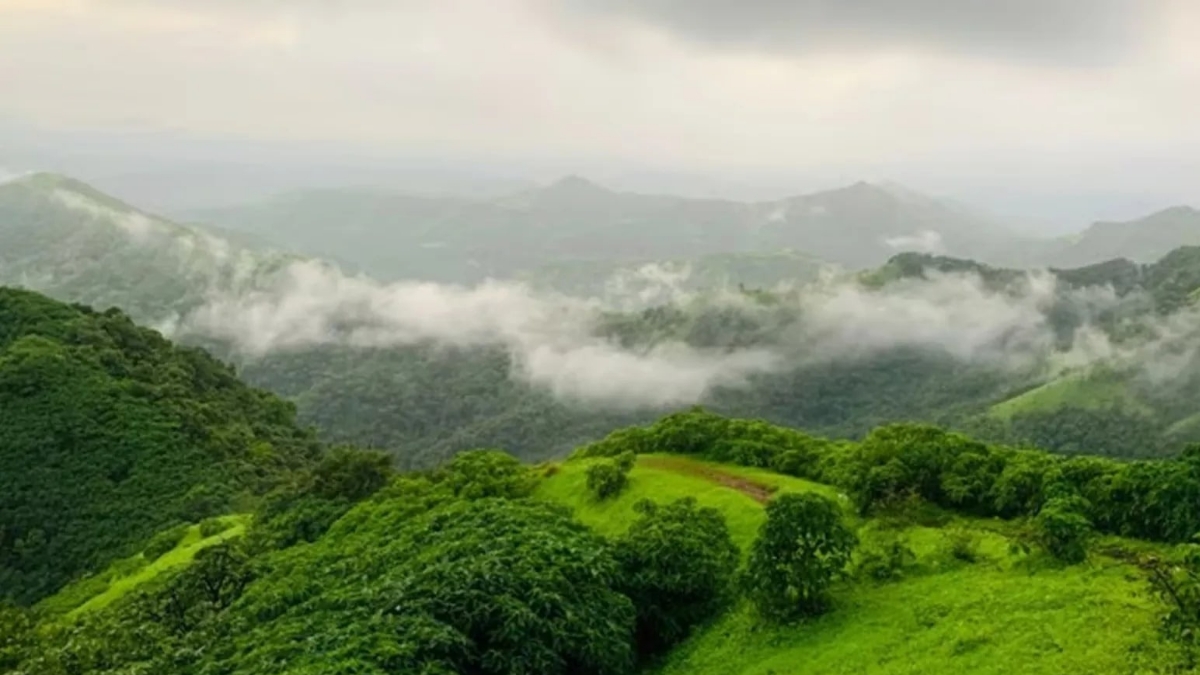
According to M. Ravichandran, secretary to the ministry of earth sciences, India has yet to fully confront the effects of the rapidly shifting climate patterns.
Speaking to the audience during the National Conference on Polar Sciences (NCPS), which was hosted by the National Centre for Polar and Oceanic Research in Goa, Ravichandran stated, “The polar region would be in a very unsettled situation in many aspects when we get to 2047. The environment and water storage in the Himalayas are deteriorating daily. Two billion people rely on the water and glaciers of the Himalayas. The ice in Antarctica is calving quickly, and there are geopolitical issues as well. We need to consider how we are going to handle all of these developments.”
According to Ravichandran, India should concentrate its research efforts on climate resilience. “We must research glacier melt, as the Himalayan region is experiencing an increasing number of dangers and calamities. A cascade of events is occurring, including floods, landslides, and rain. Therefore, we must have a deeper understanding of this system. In order to do that, we must keep an eye on things, practise resilience science, and put certain disaster-related procedures in place in the Himalayan region’, he continued.
“It is really important for us to recognise… the pace of change in Antarctica is accelerating,” stated Gary Wilson, keynote speaker and head of the Scientific Committee on Antarctic Research (SCAR).
“The world’s rapid ice loss and sea level rise are only one aspect of this change; other factors include changes in ocean and atmospheric circulation, as well as the effects of these changes on iconic Antarctic species like penguins and farther into the terrestrial environment,” Wilson continued.
In order to discuss research pertaining to the three poles—the North Pole, South Pole, and the Himalayas—which are thought to be the third-largest reservoir of freshwater and ice after the two poles, scientists from all over the nation gather at the NCPS, a biennial national conference on polar sciences.
